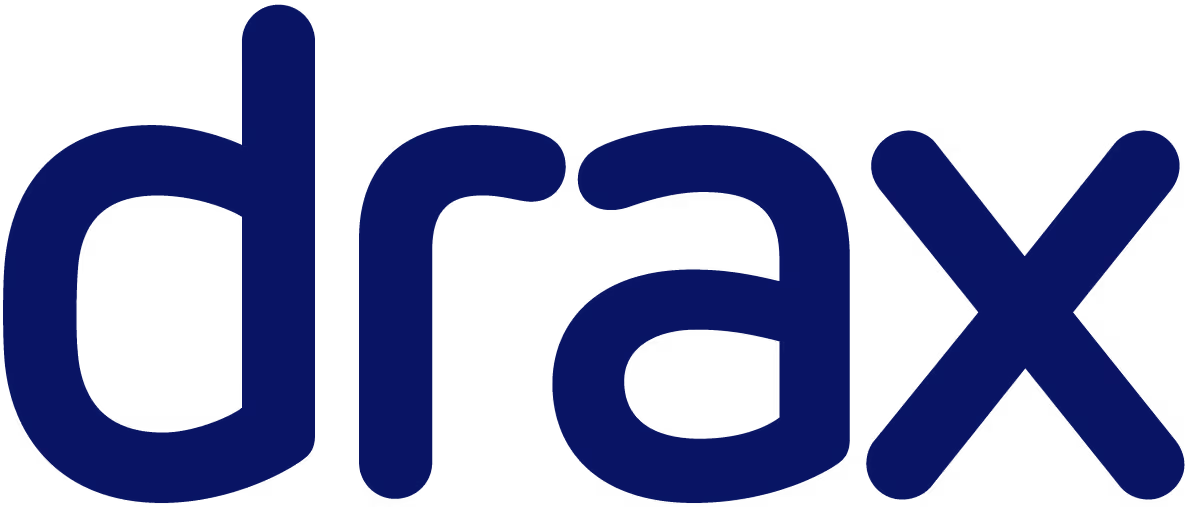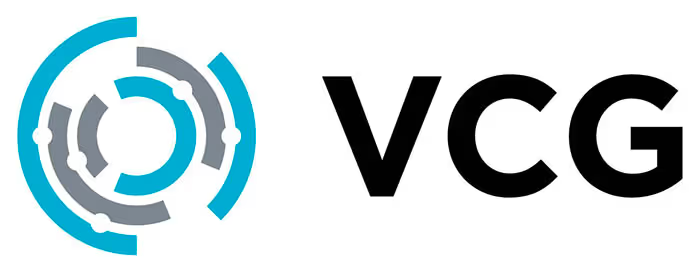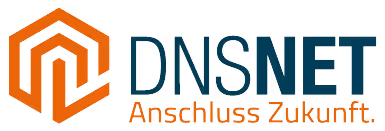
Which platform aligns best with your organization’s needs?
Make an informed choice with the help of a clear comparison of ilert and Compass, highlighting feature differences, Atlassian’s Opsgenie migration path, and regional compliance.

ilert is trusted by companies like










































































ilert vs Compass in a nutshell
ilert is a comprehensive, AI-first incident management platform. It offers reliable multi-channel alerting, on-call scheduling, escalation policies, status pages, and agent-assisted incident response.
Compass, on the other hand, is Atlassian’s developer experience platform (DXP). It focuses on managing distributed software architecture through a service (component) catalog, scorecards, dependency and health metrics.
While Atlassian proposes Compass as one of the options to migrate from Opsgenie, it is critical to understand the use cases for the platform and its limitations.
So, what’s the difference between ilert and Compass?
Easily evaluate ilert against Compass with a side-by-side comparison that highlights feature differences
Key differences in short
Core purpose:
- ilert is built for real-time incident response and on-call management. All its features aim to lower MTTR.
- Compass is built for developer productivity, software architecture visibility, and component health governance.
Alerting & incident workflows:
- ilert offers full incident lifecycle support, from guaranteed delivery of alerts to the right on-call engineers to status pages, from comprehensive hotlines to AI Agent-assisted incident resolution, from intelligent grouping of alerts to automatic postmortem document creation.
- Compass provides basic alerting and on-call capabilities, but lacks complete incident management.
Platform maturity:
- ilert is a central dispatcher between engineers and systems during high-stakes moments. It excels in reliable alerting, native integration with observability and monitoring tech stack, intelligent grouping to avoid fatigue, and other areas critical during IT incidents. It's built with the purpose to lower MTTA and MTTR.
- Compass is emerging as a platform catalog and developer experience layer; alerting is a complementary feature.
Real-time incident management vs. Developer catalog
ilert is a purpose-built incident management platform. It supports the entire incident lifecycle—from generating alerts and managing on-call rotations to executing escalations, publishing status pages, and sending multi-channel notifications. Its advanced features, like intelligent alert grouping and AI Responder, help teams reduce noise, accelerate response times, and keep stakeholders informed. Moreover, ilert weaves AI into every stage of the incident response process, turning AI SRE from a future vision into a practical set of features available today.
Compass, in contrast, is centered on developer experience and service architecture. It offers a component catalog, dependency tracking, and health scorecards. To support teams migrating from Opsgenie, Atlassian includes basic alerting and on-call scheduling features in Compass, allowing incidents to be triggered and routed to responders. However, incidents in Compass are lightweight and suitable only for simple alert-response scenarios rather than full incident management.
ilert has a very strong focus on keeping things as simple as possible without sacrificing flexibility. For example, ilert offers a flexible scheduling solution that lets you create rotation-based recurring schedules, and static schedules with a calendar like UI.


Migration from Opsgenie
Atlassian has officially announced the phase-out of Opsgenie. New sales stopped on June 4, 2025. Existing Opsgenie customers are being directed toward two destinations: Jira Service Management (JSM) for teams looking for a complete ITSM solution, or Compass for developer-oriented alerting and on-call.
When migrating into Compass, many familiar features, such as alerts, schedules, escalations, and integrations, can be transferred automatically. However, more advanced capabilities like structured incident management workflows, stakeholder communication, and call routing are not available in Compass. This leaves a significant gap for teams that relied on Opsgenie for full incident response.
ilert fills that gap completely. It not only covers the full set of Opsgenie’s capabilities but also extends them with AI-powered workflows, advanced automation, and richer incident communication tools. For fast-growing companies, ilert’s pricing is also more flexible, offering better value as teams scale and require more advanced response processes. Read further about the differences between ilert and JSM.
AI capabilities
ilert embeds AI deeply throughout the incident lifecycle. It offers intelligent alert grouping to reduce alert fatigue, agentic responders to run root-cause analysis faster, AI Voice agents to take calls from hotlines and collect critical information for engineers, and much more. ilert is at the forefront of AI developments and incorporates innovations as fast as they emerge.
In contrast, Compass doesn’t utilize AI for incident response. While it supports lightweight incident workflows, it lacks AI-driven prioritization or noise reduction. Compass focuses more on providing static health scorecards, dependency tracking, and observability insights rather than dynamic, intelligent support during live incidents.

ilert vs. Compass pricing & key feature comparison table


Where your information lives
ilert is hosted in Germany and built with strict compliance in mind. The platform is fully GDPR-compliant and ISO 27001 certified, making it particularly attractive for organizations based in Europe or operating in heavily regulated industries. By keeping data within the EU under robust security standards, ilert provides peace of mind to teams that need to meet stringent legal and compliance requirements.
Compass, as part of Atlassian’s cloud ecosystem, offers data residency across multiple regions, including the US and EU. However, Compass’s Operations features, such as alerting and incident workflows, currently have more limited region availability and may default to US hosting. This can be a challenge for organizations that require strict data localization or need to ensure all operational data remains within a specific geography.














